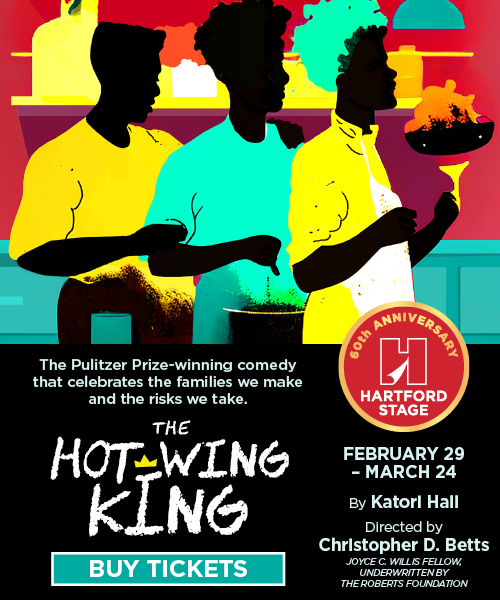By Ahtiya Liles
I used to think of learning or education as something one can only do inside of a classroom. This makes sense if you think about just how many hours we spend restricted to classrooms throughout our lives, from the time we’re in pre-school all the way through high school, and for some of us, into college and graduate school. As I was working on my final research paper for my undergraduate degree, I finally realized the pull that non-fiction has for some people. When you’re truly interested in a subject or a process, reading about it or about that person can feel incredibly fulfilling.
I’d like to think of myself as an avid reader. The one reading goal, however, that rolls over from year to year for me is to read more non-fiction. I have discovered that non-fiction works dealing with topics and people that interest me help me become a more well-rounded citizen of the world. Non-fiction helps to inspire my work as a creative, deepen my understanding of the world that I live in, and motivate me on this never-ending journey of self-reflection and self-creation. I perused through my shelves looking for works that helped me further my own self-education throughout the years, and here are four that especially helped my journey:
1. Bad Feminist by Roxane Gay: One of the misconceptions I had when beginning my own journey with feminism was that I couldn’t claim the term out loud if I was still making a myriad of “mistakes” and not living a truly “authentic feminist lifestyle.” I had not clue what that lifestyle even looked like, but I felt that I wasn’t living it. It was through reading Roxane Gay’s Bad Feminist that I realized our society’s obsession with perfectionism can sometimes inhibit the good work we’re trying to do internally. With sharp wit and striking humor, Gay is able to critique so much of our pop culture while also staying true to critiquing her own missteps that seem familiar to many of us.
2. We Were Eight Years in Power by Ta-Nehisi Coates: Exploring the treacherous and pervasive racial climate of America leading up to, during, and following the two-term administration of President Barack Obama, Ta-Nehisi Coates attempts to break open the mystery of how we went from a leader like Obama to a “leader” like Donald Trump. Using personal stories, firsthand accounts, and a sprinkle of context-based history, Coates leads us through his own understanding of America’s seemingly sudden U-Turn from “post-racial” back to White Supremacy in the time leading up to the 2016 election. This book helped me unpack what I knew deep down in my soul about America but perhaps did not want to or have the mental stamina to acknowledge on my own. Coates’ writing is accessible, engaging, and helps heal all at once.
3. Sister Outsider by Audre Lorde: This is one of the works I always reference when I think about my journey with Black Feminism/Womanism. Audre Lorde, through a compilation of essays and speeches, accurately lays out the differences and similarities between being a Black woman in America and being a white woman. It’s been over four years since I first read this crucial work, and I think it’s about time I return to it for a refresher. If you are someone who is looking for more works by Black women that dissect feminism, Black womanhood in America, and more, then I mostly definitely recommend you add Sister Outsider to your list.
4. This Is Major: Notes on Diana Ross, Dark Skin Girls, and Being Dope by Shayla Lawson: This book is definitely one of the best non-fiction books I have read in a long while. This Is Major is a collection of essays that truly fed my soul and spoke to the little Black girl inside my heart. Lawson touches on so much in this collection, including: Black girlhood friendships and the importance of them; the difficulties and intricacies of intra-racial dating that Black (darker skinned) women find themselves dealing with; the annoying and messy navigation of being a Black woman in a predominantly White work environment and what that eventually does to your resolve; and so much more. I found myself underlining and highlighting and annotating so much. Some of my favorite pieces in this collection include: ‘For Colored Girls,’ ‘Love Songs for Thots,’ and ‘& Just In Case You Forgot Who I Am, I Am.’ There were definitely moments that infuriated me and made me feel sad, but this is not at all a depressing, joyless, or hopeless books. It is quite the contrary: Lawson shows, even with those essays and recollections that broke my heart, the persistent joy and complexities of Black girlhood and womanhood. We are more than our traumas and our heartbreaks; we are our experiences.
If you are someone who usually shies away from non-fiction, I encourage you to try and find a topic or person who resonates with you and start there. There is a non-fiction book out there for everyone, and even if we’re no longer in a classroom, it is still our responsibility as citizens of the world to better ourselves.





